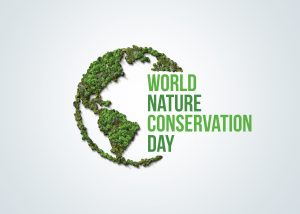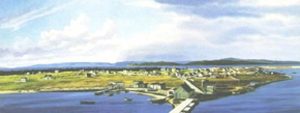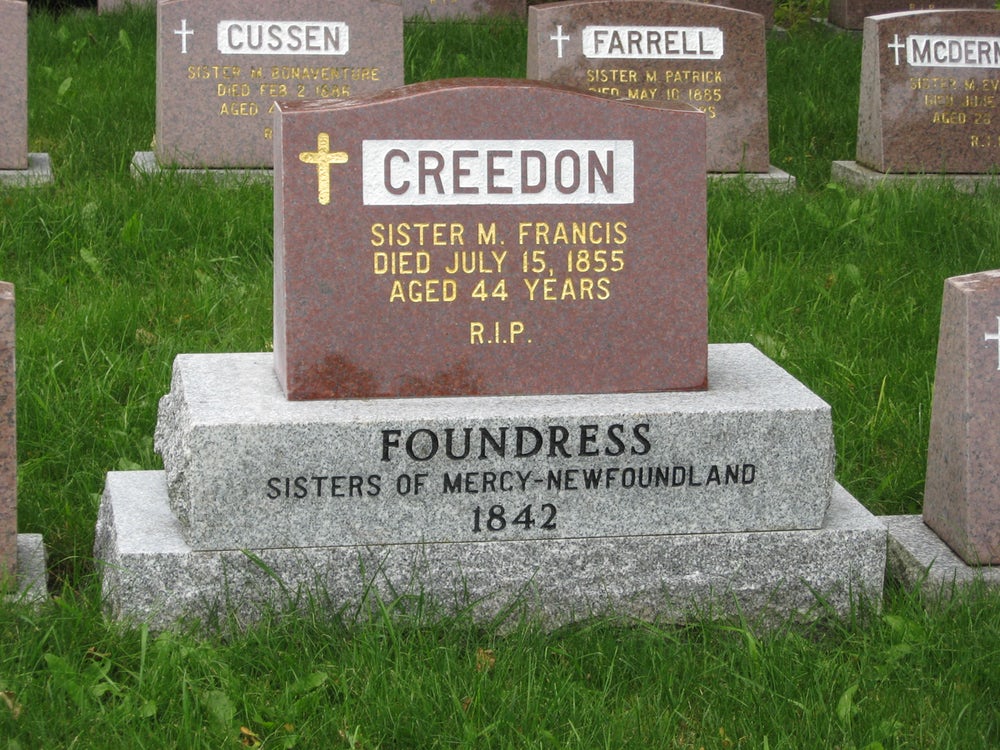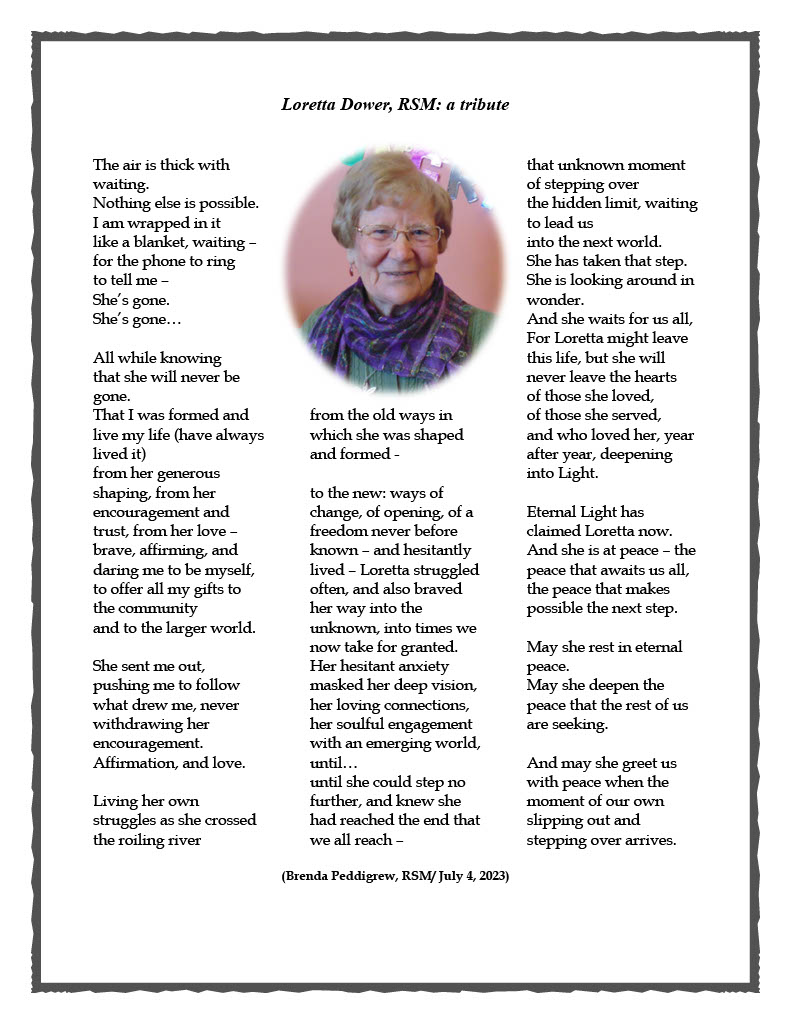Each year on July 28 we observe World Nature Conservation Day, a day to focus on our need to preserve a healthy environment in order to maintain a stable and healthy society at the present time and for future generations.
 This day is intended to encourage people to adopt behaviors that reduce their impact on the environment. It urges all humankind to take action to protect our natural resources and save plants and animals facing the threat of extinction.
This day is intended to encourage people to adopt behaviors that reduce their impact on the environment. It urges all humankind to take action to protect our natural resources and save plants and animals facing the threat of extinction.
Although awareness about environmental conservation has grown over the last several years, there is still a long way to go before we see the results of these endeavors. The unrelenting human over-consumption and over-exploitation of resources has led to unusual weather patterns, destruction of wildlife habitats, extinction of many species and tremendous loss of biodiversity. This day affords us another opportunity to treat our Earth with respect and to recognize the urgency of doing everything we can to protect our precious planet, all its creatures and all its resources.
Three simple ways for everyone to observe World Nature Conservation Day are:
- Cut down on plastic use – switch to products made of degradable and natural components.
- Check e-waste – ensure that old electronic products are properly disposed of.
- Conserve water and electricity
El 28 de julio de cada año se celebra el Día Mundial de la Conservación de la Naturaleza, una jornada para centrarnos en nuestra necesidad de preservar un medio ambiente sano a fin de mantener una sociedad estable y saludable en el presente y para las generaciones futuras.
Este día pretende animar a las personas a adoptar comportamientos que reduzcan su impacto sobre el medio ambiente. Insta a toda la humanidad a tomar medidas para proteger nuestros recursos naturales y salvar las plantas y animales que se enfrentan a la amenaza de la extinción.
Aunque la concienciación sobre la conservación del medio ambiente ha aumentado en los últimos años, aún queda mucho camino por recorrer antes de que veamos los resultados de estos esfuerzos. El incesante consumo humano excesivo y la sobreexplotación de los recursos han provocado patrones climáticos inusuales, la destrucción de los hábitats de la fauna salvaje, la extinción de muchas especies y una tremenda pérdida de biodiversidad. Este día nos brinda otra oportunidad para tratar a nuestra Tierra con respeto y reconocer la urgencia de hacer todo lo posible para proteger nuestro precioso planeta, todas sus criaturas y todos sus recursos.
El Día Mundial de la Naturaleza puede celebrarse de tres maneras sencillas:
Reducir el uso de plástico: cambiar a productos fabricados con componentes degradables y naturales.
Controlar los residuos electrónicos: asegurarse de que los viejos productos electrónicos se eliminan correctamente.
Ahorrar agua y electricidad



 El lema de la celebración de este año es La misericordia de Dios es de edad en edad (Lc 1,50). En su mensaje, el Papa Francisco nos invita a reflexionar sobre el vínculo que une a jóvenes y mayores. Nos recuerda que “nuestra vida está hecha para ser vivida en plenitud, y que nuestras mayores esperanzas y sueños no se alcanzan instantáneamente, sino a través de un proceso de crecimiento y maduración, en el diálogo y en la relación con los demás”. El plan de amor de Dios abarca el pasado, el presente y el futuro; abarca y conecta las generaciones. Es más grande que nosotros, pero nos incluye a cada uno y nos llama en cada momento a seguir adelante.”
El lema de la celebración de este año es La misericordia de Dios es de edad en edad (Lc 1,50). En su mensaje, el Papa Francisco nos invita a reflexionar sobre el vínculo que une a jóvenes y mayores. Nos recuerda que “nuestra vida está hecha para ser vivida en plenitud, y que nuestras mayores esperanzas y sueños no se alcanzan instantáneamente, sino a través de un proceso de crecimiento y maduración, en el diálogo y en la relación con los demás”. El plan de amor de Dios abarca el pasado, el presente y el futuro; abarca y conecta las generaciones. Es más grande que nosotros, pero nos incluye a cada uno y nos llama en cada momento a seguir adelante.”
 Francis was,
Francis was,  Sister Elizabeth was nominated through the
Sister Elizabeth was nominated through the 